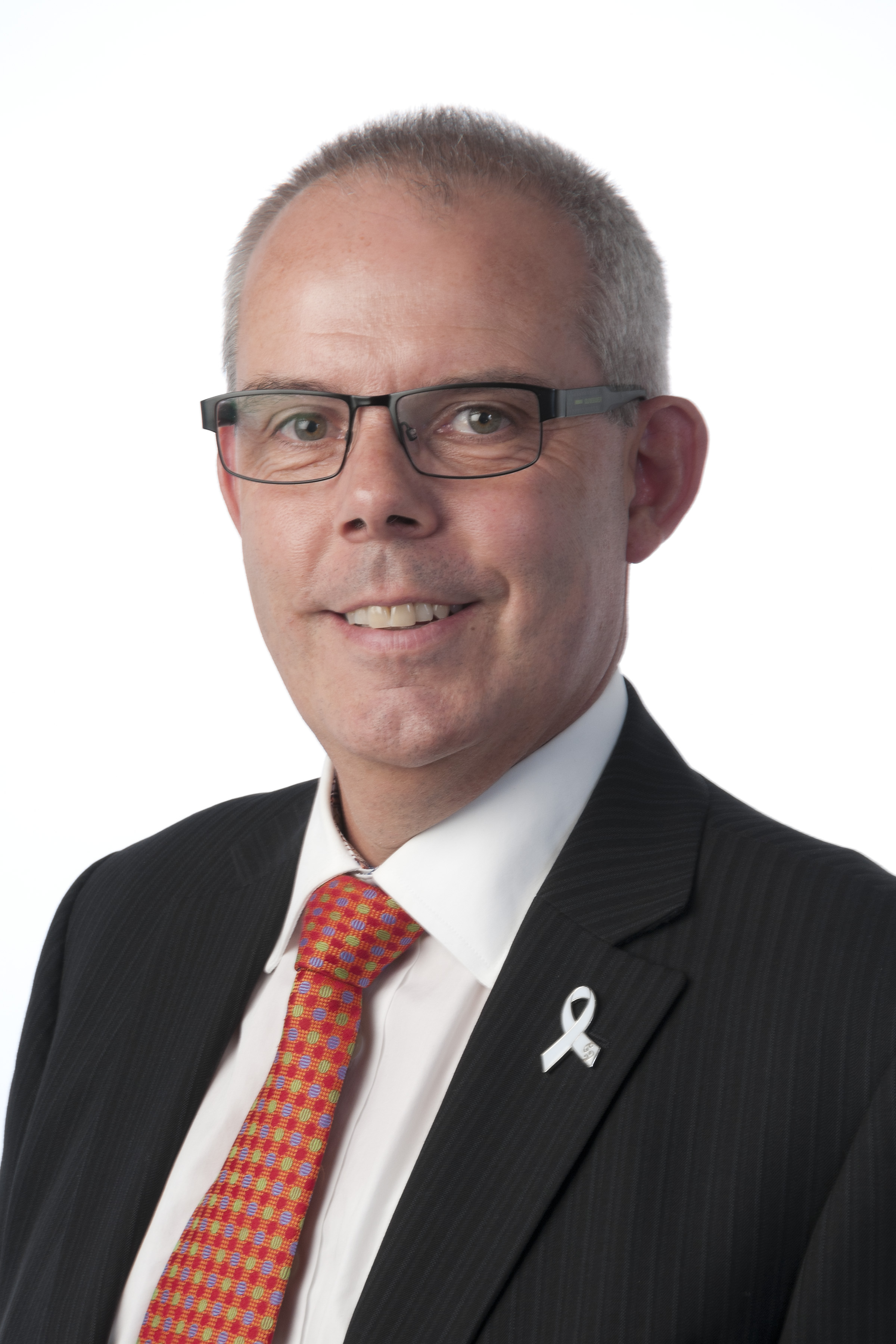
In this section:
Newsletter: December 2016
In this newsletter
- Message from the Chair
- Message from the Chief Executive
- Dates to watch (including Christmas closing hours)
- New Zealand Resuscitation Council changes to CORE courses
- Radiation Safety Regulations approved
- What we do—standards
- Oral health therapy scope of practice
- Message from the New Zealand Dental & Oral Health Therapists Association
- Message from the New Zealand Dental Hygienists’ Association
- New Zealand Institute of Dental Technologists conference 2016
- Practitioner's corner: the importance of good communication
- NZDA Fellowship award: Dr Michael Bain
- Christmas wishes from the Dental Council

As my first year as Chair of the Dental Council draws to a close, it’s worthwhile reflecting on some of the significant pieces of work that have been achieved over the past 12 months.
This year has seen the finalisation of the sedation and infection prevention and control practice standards, the decision to introduce an oral health therapy scope of practice, the conclusion of a comprehensive inquiry into orthodontic services as provided by general dentists and a great deal of background work on one of the Council’s key strategic priorities—recertification.
The Council’s primary purpose is to protect public health and safety by ensuring oral health professionals are safe, competent and fit to practise. Setting standards for the oral health sector is at the heart of this and is one of the Council’s core statutory duties, as set out in section 118 of the Act.
We saw the introduction of the standards framework in 2015 and the Council now has an ongoing work schedule which will ensure our practice standards are regularly reviewed, updated and maintained.
This year, we have reviewed and updated the infection prevention and control and sedation practice standards—thank you to all who participated in the consultation processes.
The oral health therapy scope of practice was confirmed in October, after two rounds of consultation, the first held in 2014 and the second earlier this year. The new scope will come into effect on 1 November 2017. The Council also confirmed it would apply to have oral health therapy recognised as a profession under the Health Practitioners Competence Assurance Act 2003.
It is the Council’s view that oral health therapists have a unique body of knowledge and skills. Although there are overlaps with dental hygiene and dental therapy, oral health therapists’ integrated approach to care and heightened capabilities mean their practice is distinct.
The Council believes recognising oral heath therapy as a profession will reflect the changing face of the dental professions, since the introduction of the Bachelor's degrees in oral health in 2006. The Council currently has around 440 practitioners who will transition to being oral health therapists on its register.
In November, the Council released the report of the orthodontic working group. This group was tasked with investigating the provision of orthodontic services by general dentists. The working group found the vast majority of general dentists offering orthodontics do so safely and within their capabilities and competence. Concerns around orthodontic treatment involved only a small number of patients and a very small number of practitioners. However, the group identified some areas that could be improved and made a number of recommendations to Council, which we have accepted.
Council staff are now working on an implementation plan which will set out options for the Council to action the recommendations. The Council is pleased with the process the working group took, which was to carefully and thoroughly gather information on the issue and engage directly with stakeholders and representatives of the affected parties before discussing and presenting their findings.
The Council and its staff have done a significant amount of work this year on the review of our recertification framework, as part of our strategic priority “lifelong practitioner competence”. Work has primarily focused on reviewing the substantial body of literature on recertification and how different health authorities ensure their practitioners are competent and fit to practise. There are a plethora of different approaches and it is important we have a good understanding of these before we begin developing our own framework.
We intend to engage with you all next year and will be seeking your input into how best we can ensure we meet our objectives of ensuring practitioner competence and identifying risky or unsafe practitioners.
So it’s been a busy and productive year. I would like to acknowledge all those who have worked with the Council this year, contributed to projects or submitted to consultations—we appreciate your input and ongoing support.
I would particularly like to acknowledge Council staff. The year has been full of the challenges associated with high workloads and complex issues. A great deal of interaction with practitioners occurs, with a wide range of enquiries from requesting registration, dealing with concerns about competence or being engaged in questions related to a person's health. In November, the secretariat team was faced with the additional challenges of the Kaikoura earthquake and a four-day period with the office closed while the building underwent safety checks. The event was managed by the secretariat team in a very professional way. The business of the Dental Council continued on top of personal issues for our staff that were associated with being in Wellington at that time.
I also thank all of the Dental Council members for their time and commitment to the Council’s work. Many hours are spent every month preparing for and considering the issues of Council.
And finally I would like to wish you all a Merry Christmas and a happy and safe holiday season.
Naku noa na
Robin Whyman
Chair
